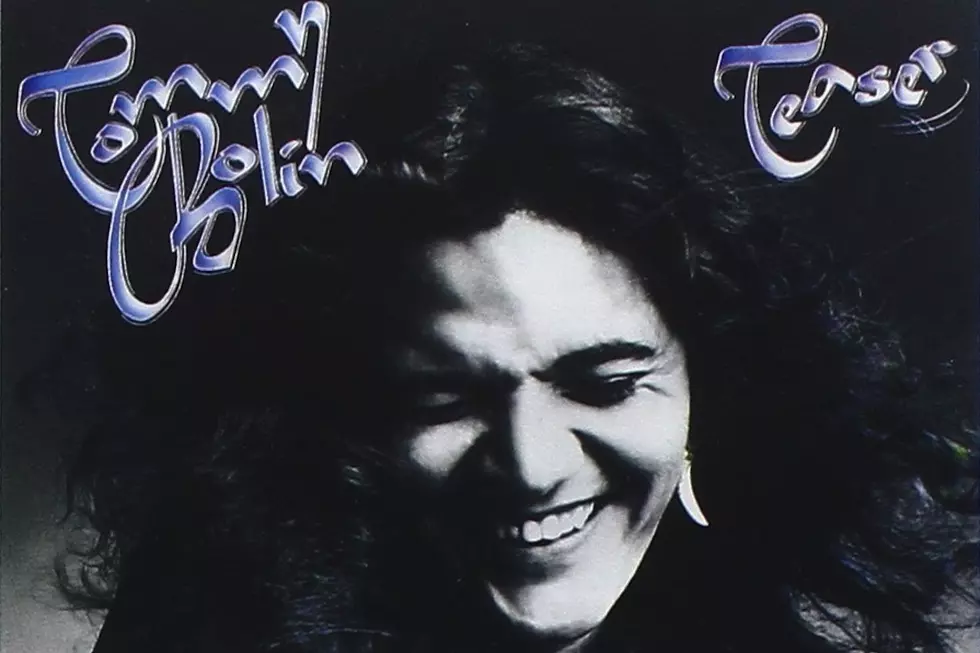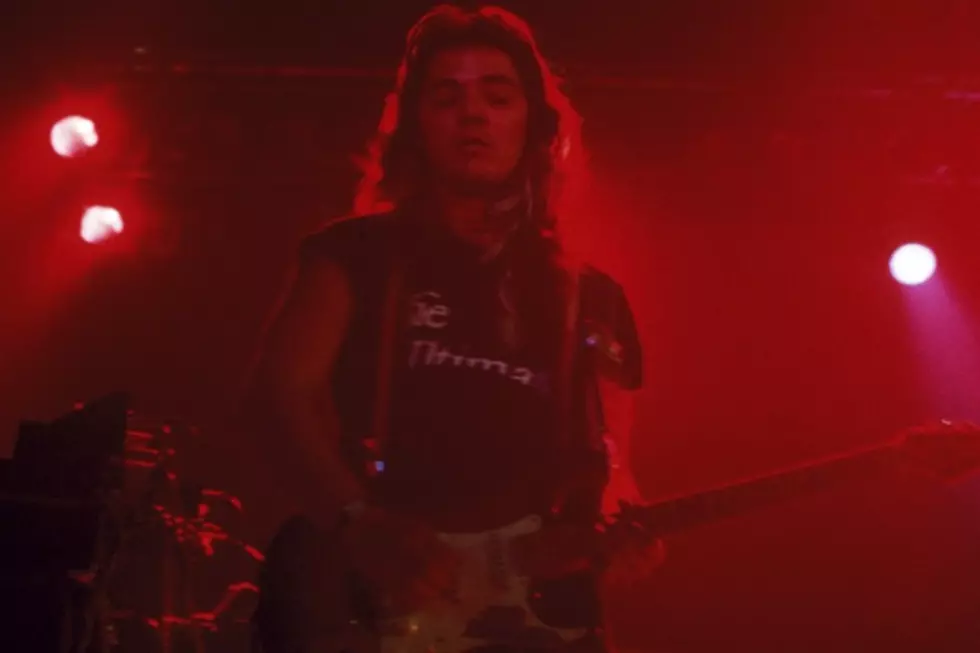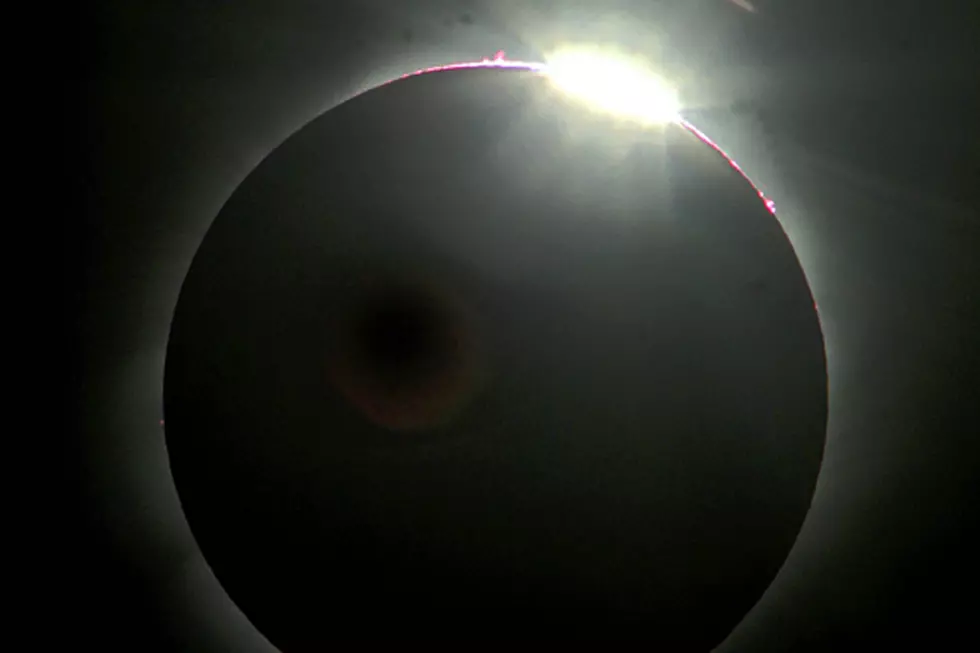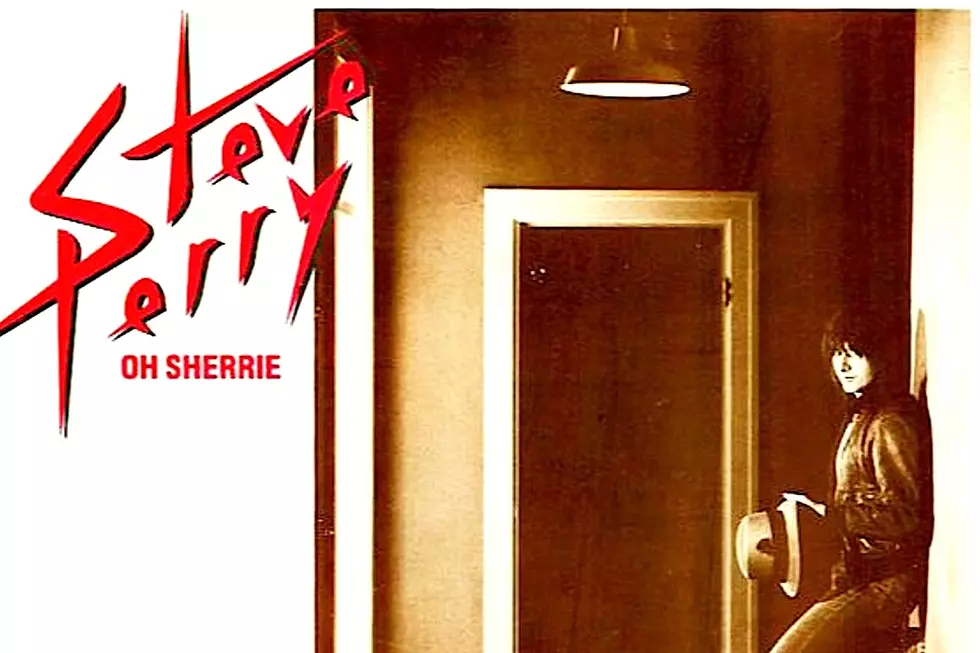
When Tommy Bolin Released His First Solo Album, ‘Teaser’
Tommy Bolin finally stepped out under his own name on Nov. 17, 1975, after years of playing second, third and fourth fiddle behind other name stars.
His first solo album, Teaser, was long overdue. Bolin's astonishing trajectory started with Colorado blues rockers Zephyr, then he replaced Joe Walsh in the James Gang, contributed session guitars to Canadian rockers Moxy, showcased his amazing range with jazz-fusion stars Billy Cobham and Alphonse Mouzon, and finally with Deep Purple.
Yet, by the time these heavy-metal giants made an offer he simply could not refuse (despite the daunting challenge of replacing departed band founder Ritchie Blackmore), Bolin had already committed to recording his first solo LP. This meant the sessions for Teaser had to proceed in tandem with work on Purple's next album.
And then, in a bid to capitalize on Bolin's high-profile liaison, his label Nemperor Records issued Teaser exactly one week after his Deep Purple debut, Come Taste the Band -- though one could argue as to whether this marketing ploy encouraged more sales of Tommy's solo effort, or overshadowed it, in the end. Regardless, Teaser only skirted the lower reaches of the U.S. and U.K. charts and enjoyed little radio airplay despite its eclectic track list, which covered numerous styles Bolin could experiment with quite effortlessly.
Side one contained the hooky pop rock of "The Grind," blended hard and funk-rock of "Homeward Strut" (an instrumental very much indebted to Jeff Beck), a sultry ballad in "Dreamer" (featuring a vocal verse from Glenn Hughes), the Latin-flavored "Savannah Woman" and the slippery, punchy title track. Side two opened with the soulful "People, People" (saxophone courtesy of David Sanborn), the ill-tempered instrumental "Marching Powder," bluesy "Wild Dogs" and the ethereal, bombastic "Lotus."
But for all of Bolin's talents on display, Nemperor had no hope of competing with major label Warner Bros. (which handled Deep Purple) when it came to promotional muscle and sheer press coverage. At the same time, Deep Purple slowly disintegrated over the coming months behind Come Taste the Band due to myriad personal issues and addictions.
For Tommy, that personal demon was heroin, which was increasingly affecting his ability to perform and eventually took his life on Dec. 4, 1976, just months after Deep Purple's dissolution, the release of Bolin's second solo set, Private Eyes, and little more than one year after Teaser's unveiling. Yet, for what it's worth, the guitarist's legacy continues to attract new acolytes with each passing year, and in 1991 Motley Crue's cover of Teaser's title track for their Decade of Decadence set, gave the album more exposure than it had received since Bolin's death.
See Deep Purple Among the Top 100 Albums of the '70s
More From Ultimate Classic Rock









